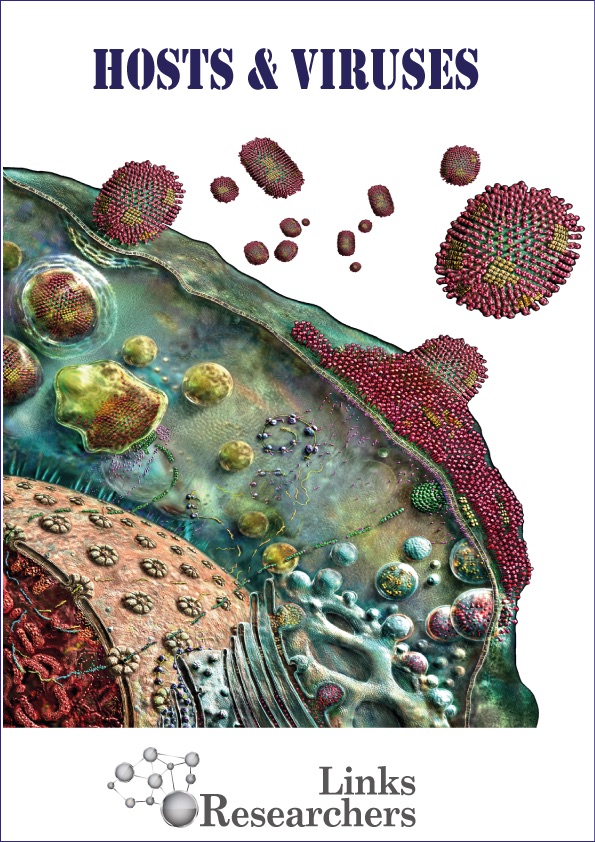Detection of Epstein-Barr Virus IgM in HIV Infected Individuals in Ogbomoso, Nigeria
Detection of Epstein-Barr Virus IgM in HIV Infected Individuals in Ogbomoso, Nigeria
Oladipo Elijah Kolawole, Oloke Julius Kola and Awoyelu Hilda Elukunbi
ABSTRACT
Epstein-Barr virus (EBV), also known as human herpes virus-4 (HHV-4), is a virus of the Herpesviridae family, and is one of the most common viruses in humans. It is the best known cause of infectious mononucleosis. In acquired immuno-deficient Syndrome patients, several distinct and additional EBV-associated diseases may occur and some forms of malignancies. This study was designed to determine the incidence of EBV in Human immune-deficient virus (HIV)-infected individuals in Ogbomoso, Oyo State, Nigeria. Two hundred and seventy eight HIV-infected individuals were screened for EBV antibodies over a period of four months (August to November, 2014). The sera of individuals were subjected to serological assay for IgM using enzyme-linked immunosorbent assay. The mean age of subjects was 39.5±0.48 years and the mean CD4+ was 384.27 ±17.77 cells/µl. Out of 278 subjects tested, 11 (4%) were positive for anti-EBV IgM. Anti-EBV IgM was highest in the age group 41-50 years, 5 (5.81%); females, 8 (4.85%); students (14.21%); and CD4+ 350-500 cells/µl, 4 (36.36%). The multivariate analysis using age and the CD4 count showed highest prevalence (27.27%) among the age ranging from 41 to 50 years with the CD4+ count of 350- 500cells/µl. The result from this study highlight that EBV IgM is prevalent among individuals infected with HIV in Nigeria and may warrant future investigations to ascertain the impact of co-infection on public health.
To share on other social networks, click on any share button. What are these?





